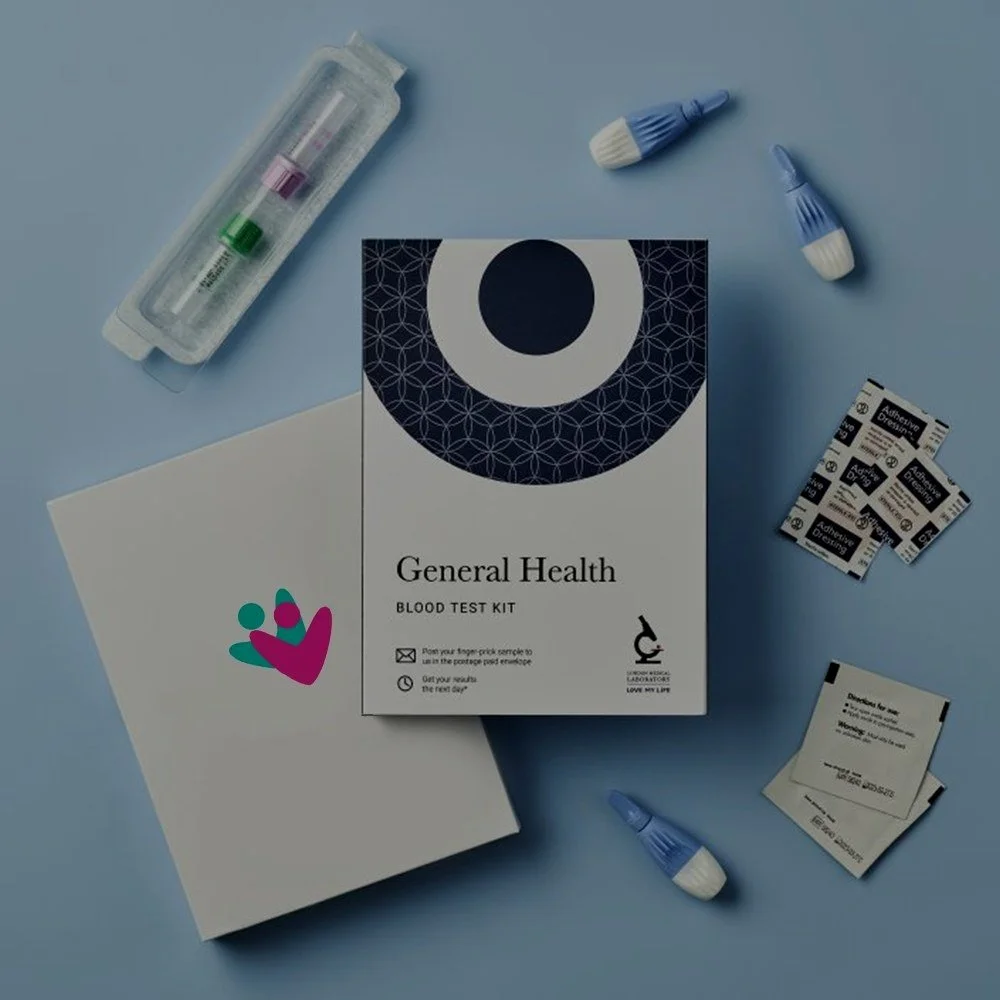How to achieve optimal health and wellness
Optimum health and wellness
In today's fast-paced world, achieving optimal health and wellness is more important than ever. It's not just about living longer; it's about living a fulfilling life with vitality and energy. Adopting a holistic approach that encompasses physical, mental, and emotional well-being is the key to achieving lasting health and wellness. In this blog post, we'll explore ten proven strategies to help you attain optimal health and wellness, focusing on both short-term benefits and long-term sustainability.
Embrace a Balanced Diet
Start your journey to optimal health by nourishing your body with a balanced diet. Incorporate a variety of nutrient-rich foods, including fruits, vegetables, whole grains, lean proteins, and healthy fats. Minimize processed foods, sugary beverages, and excessive salt intake. Hydrate your body with plenty of water to keep your energy levels up and support digestion.
Prioritise Regular Exercise
Physical activity is crucial for achieving optimal health. Find an exercise routine that suits your lifestyle and interests, whether it's jogging, yoga, swimming, or dancing. Aim for at least 150 minutes of moderate-intensity exercise or 75 minutes of vigorous-intensity exercise per week. Regular exercise helps maintain a healthy weight, improves cardiovascular health, and reduces stress. Check what gyms and exercise classes are available in your local area. Age UK offers exercise classes for the elderly, you can check the Age UK website to see what is available in your area.
Get Sufficient Sleep
Sleep is the foundation of good health. Aim for 7-9 hours of quality sleep each night. Establish a consistent sleep schedule and create a relaxing bedtime routine to improve the quality of your sleep. Sufficient rest supports cognitive function, boosts immunity, and aids in muscle recovery. Try measuring and analysing your sleep with an app to learn patterns and make improvements.
Manage Stress Effectively
Chronic stress can take a toll on your overall health. Incorporate stress-management techniques into your daily routine, such as meditation, deep breathing exercises, mindfulness, or engaging in hobbies you enjoy. By managing stress, you can reduce the risk of various health conditions, including hypertension and anxiety.
Foster Strong Social Connections
Maintaining meaningful relationships is vital for your well-being. Cultivate a strong social support system by spending time with friends, family, or joining social groups that interest you. Positive social interactions can reduce feelings of loneliness, increase happiness, and even boost your immune system.
Practice Mindfulness and Mental Health
Mental health is as crucial as physical health. Take time for self-reflection and practice mindfulness to develop a positive mindset. Seek professional help if needed, as mental health concerns should not be overlooked or stigmatized.
Avoid Harmful Habits
Steer clear of harmful habits such as smoking, excessive alcohol consumption, and drug use. These habits not only jeopardize your physical health but can also have a detrimental impact on your mental and emotional well-being.
Find Your Work-Life Balance
Strive to strike a balance between your personal and professional life. Overworking and neglecting personal time can lead to burnout and negatively affect your health. Set boundaries, delegate tasks, and take breaks when needed to maintain your well-being.
Undergo regular Health Check-ups
Our easy home blood test kits allow you to track over 450 biomarkers to investigate the causes of your symptoms, monitor a condition, or optimise your performance. Gain valuable insights into your health in the privacy of your own home. All of our test are confidential and much faster than your GP.
Browse all health tests
Understand and gain control of your health with an easy blood test kit to take at home.
Check your cholesterol
Assess your risk of developing cardiovascular problems, heart disease and related conditions.
General health blood test
This at-home blood test will provide you with a comprehensive check-up of your general health.
Vitamin profile test
Measure your overall vitamin levels or monitor a vitamin deficiency.




